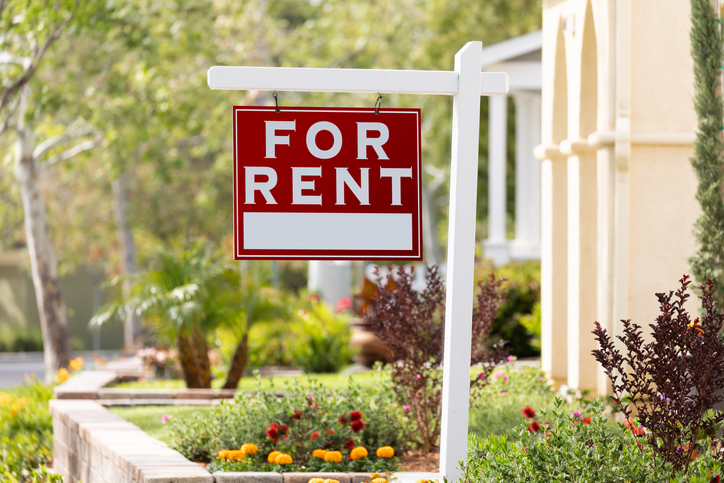Seattle’s eviction moratorium, put in place during COVID is coming to an end, but the problems it has created won’t be fixed overnight. The end of the moratorium is a good first, necessary step to righting the rental market, for both property owners and renters.
As Cory Brewer of the Puget Sound Journal clearly calls out, advocates for the moratorium, who have spent the pandemic perpetually pushing to extend the restrictions, can now focus their energies on the programs that should have been used all along to help those truly under financial distress. The cost of the lost rental income has fallen on the property owners, many struggling to pay their own mortgages as a result of non-payment from renters.
The Washington State Legislature has exasperated the problem by passing Senate Bill 5162 which will make it more difficult for property owners to recover lost rent from those renters who have not been playing by the rules. While Senate Bill 5162 is attempting to protect renters from opportunistic property owners, it doesn’t protect a property owner from those renters who are misusing the system.
One effect that the moratoriums have had, as the Washington Policy Center predicted last year, is the loss of rental units. Seattle has lost nearly 3,000 rental units since the beginning of the pandemic and this can be directly attributed to the over burdensome regulations Seattle placed on its property owners. These units may not return to the market, as property owners, not willing to deal with the draconian rules Seattle has placed on them, are selling their properties. Many rental units are being purchased by investors and are not returning to the rental market.
State legislators also attempted to add additional regulation with the introduction of House Bill 1904 (HB 1904), which would increase rents and reduce available rental properties. The bill would have placed a 3% cap on rent increases annually unless the property owner gives at least 6 months’ notice to the renter of the increase.
Thankfully, HB 1904 didn’t go to far this last legislative session and failed to get a floor vote. However, bills like HB 1904 will not help the rental market and should not be re-introduced.
Rental costs will increase as a result of the diminished housing inventory and municipal leaders and legislators need to consider carefully the laws they introduce. Any legislation (and less legislation is more in many cases) needs to create a competitive rental market that will allow for additional homes to be built, placed back on the market, and in greater numbers.
For some ideas on how the market can be improved, see Washington Policy Centers recommendations here.






